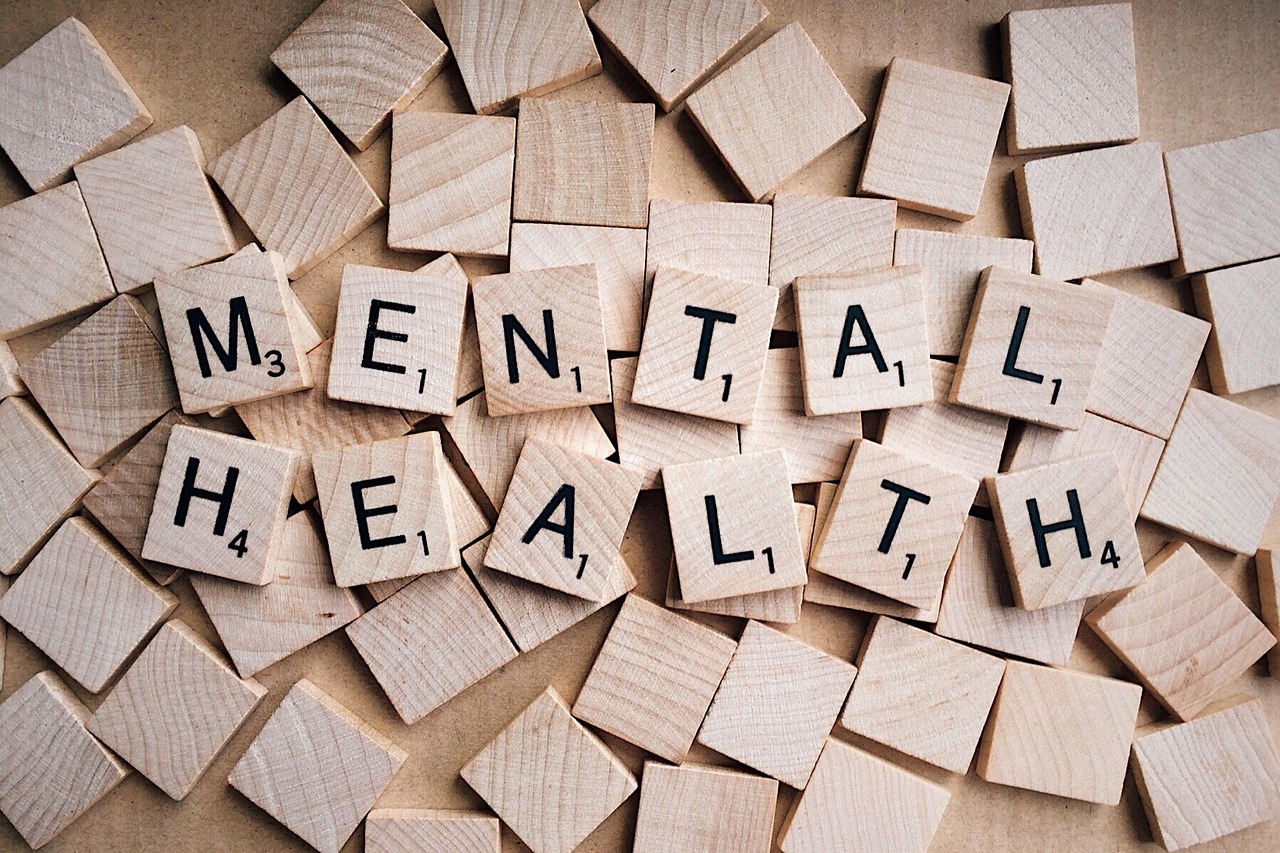
HUTCHINSON, Kan. — As the holiday season approaches, mental health professionals are reminding the public that the weeks ahead can be among the most emotionally difficult of the year for many people.
Beth Akins, LSCSW, LCAC, a Licensed Specialist Clinical Social Worker and Licensed Clinical Addictions Counselor, joined the BW Morning Show this week to discuss why anxiety, depression and grief often intensify during November and December.
Akins spent 25 years at Horizons Mental Health Center as Department Head of Community Support Services, working primarily with adults with severe and persistent mental illness. She now provides behavioral health consultations at the Hutchinson Clinic and teaches Mental Health First Aid, ASIST suicide intervention training and QPR suicide-prevention courses.
She said one of the biggest challenges people face is the pressure to feel happy simply because it is the holiday season.
“People will just make some assumptions that it’s the holidays and I should be happy,” she said. “There are some people, for a variety of reasons, who just aren’t experiencing those feelings, and that can make depression even harder.”
She said stress, over-committing, financial strain and the first holiday season after losing a loved one can all intensify emotional struggles. Seasonal affective disorder also plays a role when colder weather, shorter days and limited sunlight contribute to depressed mood.
“Sometimes people aren’t able to get out and do the normal things, so their social networking might be limited,” she said. “The lack of sunlight definitely can impact that.”
Akins emphasized the importance of coping strategies such as regular exercise, healthy eating, adequate sleep and staying connected with supportive friends or family — even if that connection happens through FaceTime or online platforms.
“Everybody has different coping strategies, so it’s very individualized,” she said. “Exercise really can increase endorphins. Hanging out with friends, meditation, mindfulness — everybody’s self-care plan can look very different.”
Setting boundaries is especially important during the busy holiday season, she said, encouraging people to give themselves permission to say no to social events, gift exchanges or commitments that feel overwhelming.
“There’s real value in understanding what your limits are,” she said. “Giving yourself that freedom to say no can go a long way.”
For those grieving a recent loss, Akins said the holidays can bring a flood of memories — both joyful and painful. She urged people to let themselves experience the full range of emotions without judgment.
“Feel all the feels,” she said. “It’s okay if you’re sad. It’s okay if you’re not sad. It’s okay if a memory triggers something intense. Allow yourself that space.”
Supporters also play a critical role. Akins said the best approach is to ask grieving loved ones what they need — whether it is a break, a conversation, help with tasks or simply someone to sit with them.
One of the most common misconceptions, she said, is that a person experiencing depression can “snap out of it.”
“With clinical depression, it’s not something somebody can just snap out of,” she said.
Akins will continue offering mental-health education and suicide-prevention training throughout the community as the holidays draw near.





